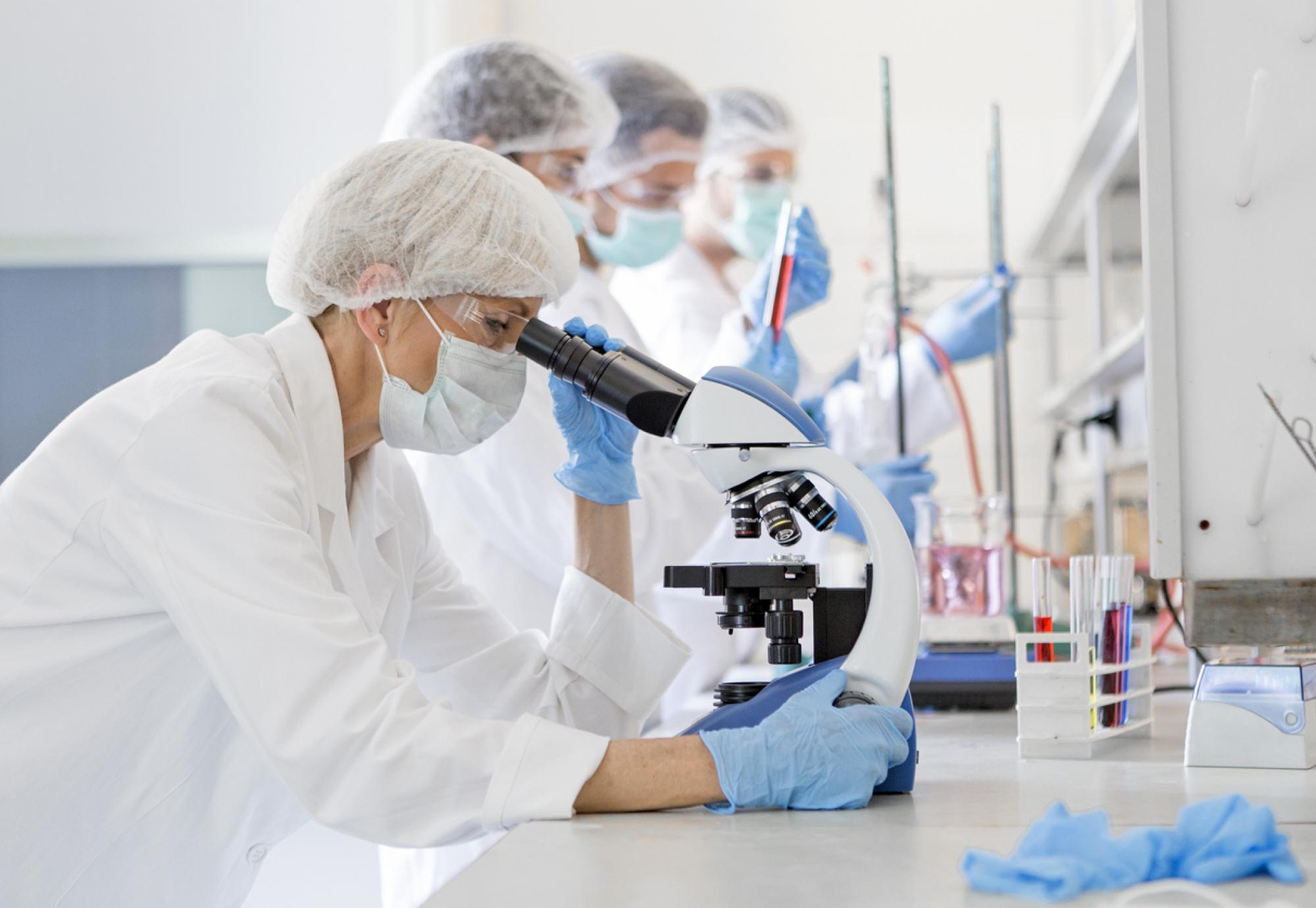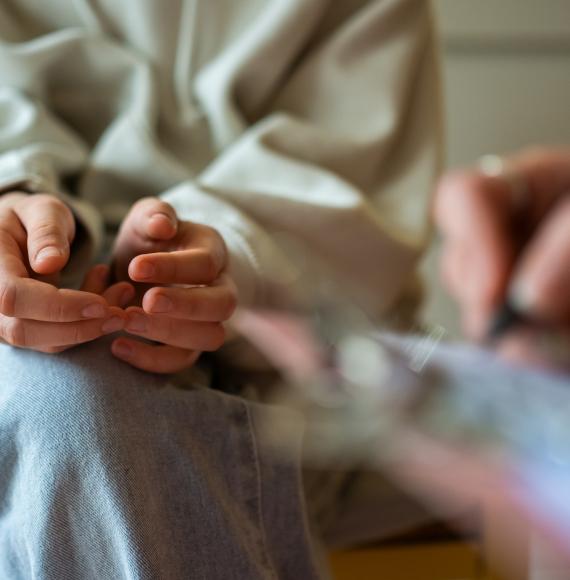The Royal Free London (RFL) NHS FT have opened a new clinical research facility (CRF), which will make it possible to carry out early-stage research into rare diseases, long-term conditions and viruses such as Covid-19.
The CRF will form a crucial bridge between so-called ‘basic science’, or laboratory work, and clinical studies involving human participants. It will provide the space, facilities and resources for the trust to carry out cutting-edge early phase research, testing new and innovative approaches to medicine to ensure that they are safe for patients.
Work carried out in the CRF will supplement the diverse portfolio of later-phase clinical research already carried out by the trust. Funding for the CRF has been facilitated by the Royal Free Charity, which continues to support ground-breaking research at RFL.
Professor Derralynn Hughes explained: “In order for the exciting research that goes on in the lab to actually reach our patients, we need to create an environment for early-stage clinical research. Opening the CRF does exactly that, with a facility that is welcoming, efficient and well-governed.
“We will also be providing training within the facility, meaning that the next generation of researchers will have the opportunity to learn and grow here, and ultimately contribute with their own studies.
“We want to bring as much research as we can to our patients, and we want it to be of the best possible quality. This will be another step towards achieving that goal.”
The CRF will unite researchers from across the trust’s hospitals within a dedicated facility, while also working closely with partner research institutes including the UCL Institute for Immunity and Transplantation, the UCL Cancer Institute and the UCL Institute of Digestive Health and Liver Disease.
It launches with a range of research trials taking place throughout April and May and into the summer. This includes the continuation of the Novavax Covid-19 vaccine trial. The first phase of the Novavax trial included more than 600 participants recruited at the RFL and found the vaccine to be 89.3% effective in preventing coronavirus in participants.
The facility will accommodate work being done across a huge breadth of other clinical areas. The RFL is already a world-leading centre for gene therapy research and leads research into several rare disorders. The CRF will also see the advancement of research into areas such as renal diseases, liver disease, respiratory conditions, neurological conditions including Parkinson’s disease, cardiovascular disease and cancer treatment and diagnosis.



















